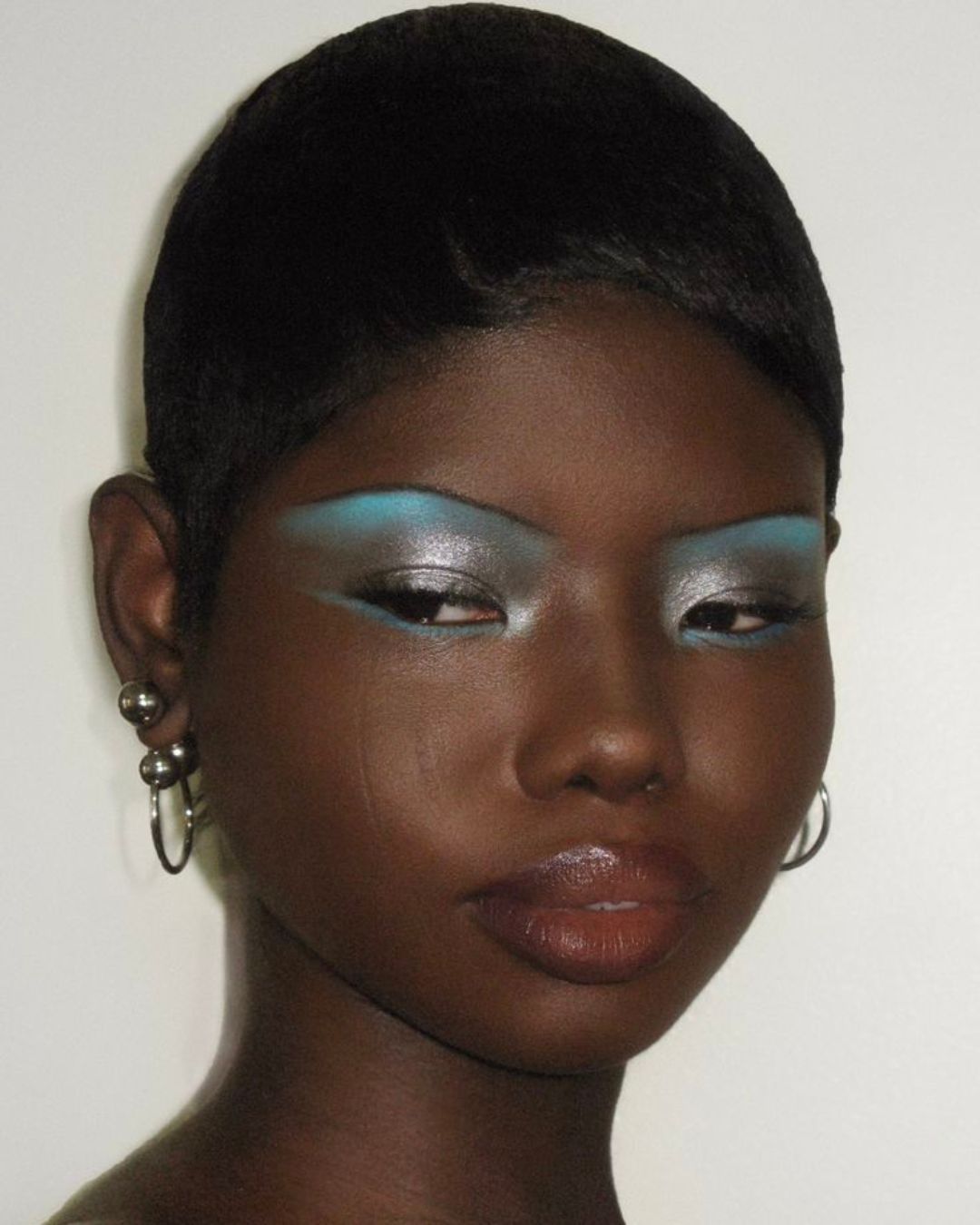
Gwyneth Paltrow's impact on the beauty industry From actress to wellness guru with Goop
Naked and covered in gold. Thus, with an Instagram post depicting her as a statue, Gwyneth Paltrow celebrates her 50th birthday, all spent embodying the ideal of the skinny, blond, wealthy wasp on which she founded first her career as an actress and in the last decade her career as a wellness guru. The daughter of director Bruce Paltrow and actress Blythe Danner, she has won the role of style icon since her first screen appearance, thanks to cult films such as Seven, Sliding Doors, and Shakespeare in Love, but, above all, thanks to her minimal chic outfits, designer by Gucci, Calvin Klein, Donna Karan, Ralph Lauren, or Alexander McQueen. When in the early 2000s Hollywood began to leave her on the sidelines, Gwyneth took the image of upper-class good-girl who occasionally indulges in a twist of craziness and eccentricity (see stealing scripts from Winona Ryder or dissolute parties in the company of Madonna) and used it to shape Goop. But what is Goop concretely? It is a promise made by Gwyneth Paltrow to millions of ordinary women: everyone can be perfect, young, fit, slim, sexually fulfilled. Just follow the right advice and use the best (obviously natural) products. All are conveniently dispensed and sold from the brand's website. They are quirky, expensive, attractively packaged items such as snake oil, stickers to apply on the body to "balance" its energy, Moon Juices, jade eggs or This Smells Like My Vagina, the candle that immediately went viral that reproduces the scent of Gwyneth's vagina (for the most famous of the wasps, the vagina is a million-dollar business).
Goop began in 2008 as a newsletter in which Paltrow, who at the time had all but archived her acting career, wrote cooking recipes peppered with advice hovering between wellness and new age. For example, the very first email contained a recipe for turkey ragout and banana muffins. Over time, and thanks to the indispensable contribution of former editor Elise Loehnen, that bored rich housewife hobby evolved into a business that is now worth around $390 million and is so popular that it has earned two Netflix docu-series produced in partnership with Netflix, The Goop Lab and Sex, Love, and Goop. The secrets behind the brand's success are many and largely related to Paltrow, her image as a diva who loves clean beauty and has the ability to remain unfazed by any criticism. G.P. (as her friends call her) realized earlier than many of her peers that to have a chance at success it was necessary to create a brand that reflected her and was both approachable and aspirational, in this case the allure of a style icon who loves to eat "healthy" and natural beauty products. The other great insight is having intercepted a certain change in the concept of beauty, which, at the time of Goop's launch, was no longer limited to just anti-wrinkle creams and lipsticks, but broadened its sphere toward 360-degree wellness that included holistic practices and spiritual drifts. Thus, alternative medicine remedies, sex items, green-based beauty products, clothing and jewelry lines, lifestyle, travel advice and celebrity interviews converge in the universe created by the protagonist of Slinding Doors.
"We have an inquisitive, judgment-free point of view, open difficult conversations, openly break taboos, and seek connection and resonance wherever we find it." This is the philosophy behind Goop and its products, which are often accused of boasting nonexistent scientific basis (such as the infamous pro-fertility quartz eggs), of being dangerous (the vagina-scented candle exploded in a couple of cases) or simply absurd (such as the Psychic Repellent against vampires). Accusations of spreading remedies with no scientific basis or seemingly absurd ones like the candle that smells like her vagina, instead of scuttling the project, have contributed to Paltrow's fortunes who, unflappable to make the most of the publicity derived from each "scandal" to amplify her popularity.
The "criticism is ok as long as it's talked about" trick has worked well and continues to do so even as the wellness guru status of Gwyneth and her Goop seem to be cracking in recent times. Sales are down while the number of layoffs has grown, followed by statements from former employees accusing the founder of being incompetent and fickle and of fostering a toxic work environment. Goop's future seems so uncertain, although no serious downs are in sight for now, that according to LA Times, "The Goopification of wellness has reached its final act." Case in point? The poor reception given to one of its newest products: $120 luxury diapers lined with virgin alpaca wool scented with floral jasmine, held together by "emotional cleansing crystals." Too much for even Paltrow's most ardent fans. Will it be more such products that will scuttle Goop?Will it be more such products that will scuttle Goop? According to the New York Times, it will be Gen Z. More knowledgeable and critical, the new generation is not dazzled by the actress's beauty universe, and to the wasp and clean perfection of which she is a symbol they prefer a more realistic and relaxed, less consumerist beauty culture.

























































